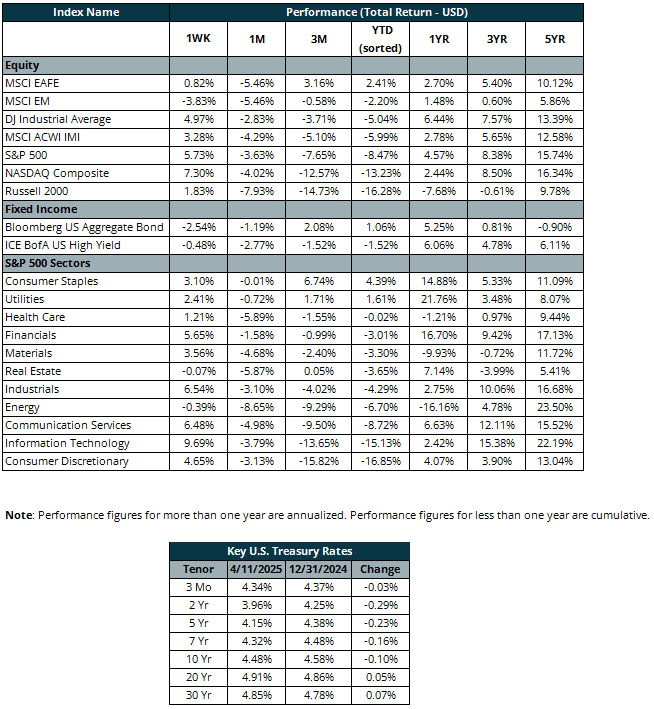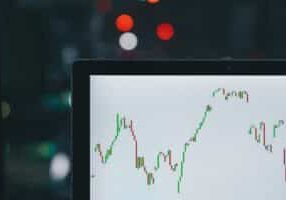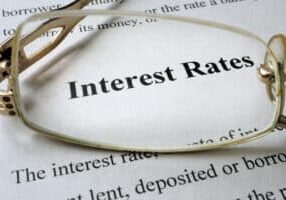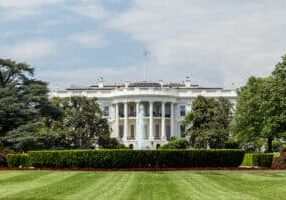Markets Soar After 90-Day Tariff Pause

by Sequoia Financial Group

by Sequoia Financial Group
Last week, equity markets looked poised to extend their post-“Liberation Day” selloff. But on Wednesday afternoon the White House did an about-face and announced a 90-day pause on reciprocal tariffs on most countries. While a 145% China tariff and a universal 10% tariff are still in place, investors rejoiced following the announcement. The S&P 500 experienced an intraday swing of more than 10% on Wednesday after initially being down close to 1%. The index of large US stocks advanced more than 5.7% for the week, which placed it in the 98th percentile of weekly returns going back to 2007. Nevertheless, the S&P is still down 8.5% on the year.
Despite uncertainty remaining at historically high levels, bonds provided little downside protection during the week. The Bloomberg US Aggregate Bond Index (“Agg”) declined 2.5%.2 The yield on the US 10-year Treasury, an indicator for corporate borrowing costs, increased nearly 0.5% to end the week at 4.5%. This drastic move caught many market participants by surprise.
Some pundits blamed the blow-out on the unwinding of the basis trade: selling Treasury futures contracts and buying Treasuries with the expectation that prices of these securities will converge. Because this trade is normally low-risk and profitable, investors such as hedge funds take out large amounts of debt to magnify potential returns. In times of market stress, however, price differentials might deviate beyond expectations and force investors to unwind their trades by selling Treasuries, resulting in an increase in yields.
While fixed income has still offered diversification this year (Agg is up 1.1%), gold seems to be one of a few safe-haven assets. The precious metal rose 6.9% last week and is up 22.9% for the year. Further, gold has returned 18.5% annualized over the past three years. That performance has outpaced many stock indices and most of the Magnificent 7, including Microsoft (MSFT).2
Now that banks have kicked off Q1 earnings season, investors will be closely watching management guidance on how tariffs could impact profits. JPMorgan (JPM), the largest US bank by total assets, beat earnings expectations and maintained its Net Interest Income guidance for the year. Despite the strong results in the short term, JPM recently estimated a 60% probability of a recession in 2025. Whether that plays out hinges in large part on the full implementation of proposed tariffs.

The views expressed represent the opinion of Sequoia Financial Group. The views are subject to change and are not intended as a forecast or guarantee of future results. This material is for informational purposes only. It does not constitute investment advice and is not intended as an endorsement of any specific investment. Stated information is derived from proprietary and nonproprietary sources that have not been independently verified for accuracy or completeness. While Sequoia believes the information to be accurate and reliable, we do not claim or have responsibility for its completeness, accuracy, or reliability. Statements of future expectations, estimates, projections, and other forward-looking statements are based on available information and Sequoia’s view as of the time of these statements. Accordingly, such statements are inherently speculative as they are based on assumptions that may involve known and unknown risks and uncertainties. Actual results, performance or events may differ materially from those expressed or implied in such statements. Investing in equity securities involves risks, including the potential loss of principal. While equities may offer the potential for greater long-term growth than most debt securities, they generally have higher volatility. Past performance is not an indication of future results. Investment advisory services offered through Sequoia Financial Advisors, LLC, an SEC Registered Investment Advisor. Registration as an investment advisor does not imply a certain level of skill or training.








Markets Soar After 90-Day Tariff Pause